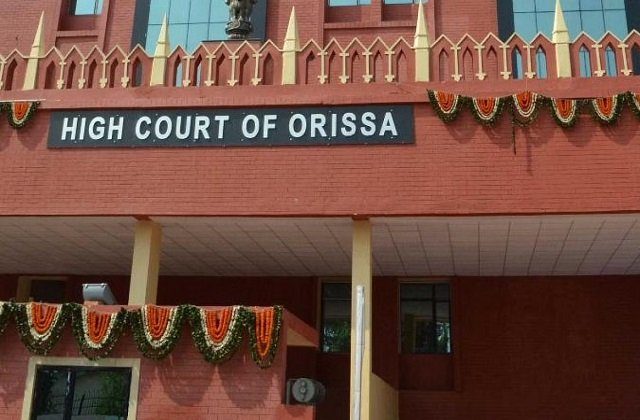The Orissa High Court has emphasized that if a Magistrate lacks jurisdiction to take cognizance of an offense, they must return the complaint under Section 224 of the Bhartiya Nagarik Suraksha Sanhita (BNSS). This ruling came in a case involving a cheque dishonor complaint under Section 138 of the Negotiable Instruments Act, where the court lacked territorial jurisdiction.
Key Aspects of Section 224 BNSS-
Return of Complaint: If a complaint is made to an incompetent Magistrate, they shall return it for presentation to the proper court with an endorsement if it’s in writing.
Direction for Oral Complaints: For non-written complaints, the Magistrate directs the complainant to the appropriate court.
Jurisdictional Importance: Ensures complaints are filed before courts with proper authority.
Implications-
Procedural Compliance: Magistrates must adhere to jurisdictional norms.
Cheque Bounce Cases: Ruling highlights importance in cases under Section 138 NI Act.
Judicial Precedent: Orissa High Court’s decision underscores strict interpretation of Section 224 BNSS.
Relevant Context-
BNSS Reforms: Part of India’s criminal procedure reforms emphasizing efficiency and technology integration.
Section 142 NI Act: Specifies jurisdiction for trying offenses under Section 138 NI Act.
The Orissa High Court has ruled that a Magistrate lacking jurisdiction must return the complaint under Section 224 of the Bhartiya Nagarik Suraksha Sanhita (BNSS), emphasizing strict adherence to jurisdictional norms. This decision underscores procedural compliance, particularly in cases like cheque dishonor under Section 138 of the Negotiable Instruments Act. The court’s interpretation reinforces that complaints should be directed to courts with proper territorial authority, aligning with principles of legal efficacy and jurisdictional integrity.

